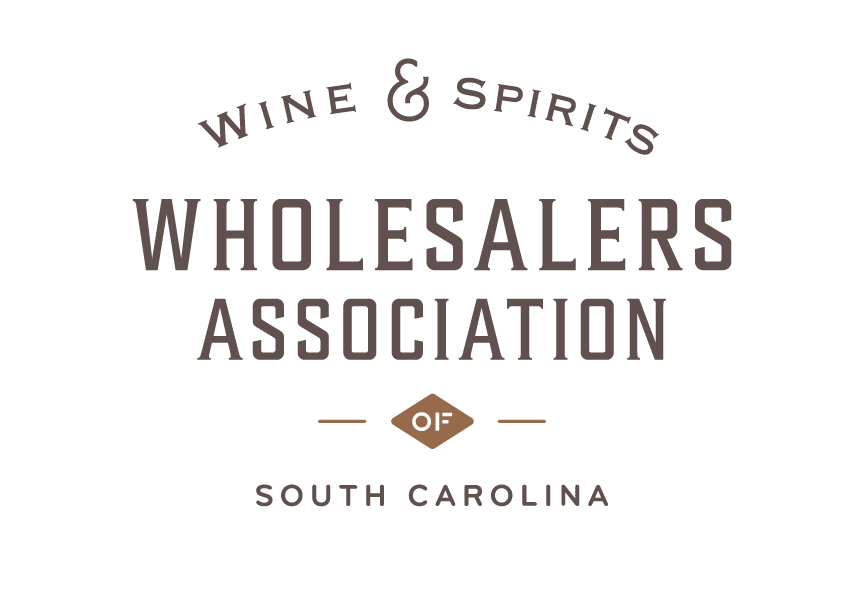A store in Birmingham was busted with 41 counterfeit bottles of the popular Australian wine.
Read MoreAuthorities in Mexico, together with the national Tequila chamber (CNIT), have confirmed that they have destroyed almost 200,000 liters of counterfeit Tequila.
Read MoreThe US Supreme Court recently invalidated a Tennessee law that required a lengthy period of state residency for persons and companies that wanted a license to operate a liquor store. The Court determined the law constituted "protectionism" which means it was "aimed at giving a competitive advantage to in-state businesses." Further, the Court found that protectionism is not a legitimate state interest that would shield alcohol laws from a commerce clause challenge-- unless it can be established that the laws further public health and safety or "some other legitimate non-protectionist ground."
Read MoreMinors are buying alcohol online through Facebook, Craigslist and eBay, according to a group of attorneys general around the country.
The National Association of Attorneys General sent a letter to the companies Tuesday asking them to help stop the sale of booze to minors over the digital marketplaces. Attorneys general for 46 states and U.S. territories signed on to the letter.
Read MoreAt least 10 people have died and 39 others were hospitalized after drinking tainted liquor in northern India, police said Tuesday.
The victims drank the liquor at a state-run shop in a village in Barabanki district in Uttar Pradesh state on Monday night, police officer Rajesh Kumar said.
Read MoreBecause so many products can be conveniently purchased online these days, there is an expectation that alcohol products should also be conveniently delivered to a consumer's door. And, although delivery of alcohol to residents is not new, it has become a much more important retail tool. This phenomenon is partly driven by the almost 20,000 breweries, wineries and distilleries that have sprouted up in the last few decades. Because the vast majority of businesses are very small, their products are not immediately available in most states. This growth is impressive. Below is a chart of Oregon distilleries. When I was a regulator there were only about three.
Read MorePrivate label alcohol has evolved to the point where it provides a benefit for large grocery chains that is not economically feasible for small independent retailers. Therefore, if it becomes a widespread practice, it represents a threat to the alcohol market balance that allows large and small operators to be profitable.
Read MoreThe more serious concerns for US tourists visiting Mexico is the supply of unregulated alcohol in various parts of the country.
Read More
